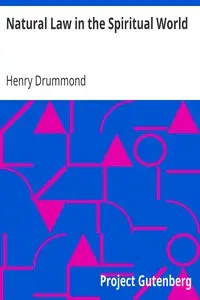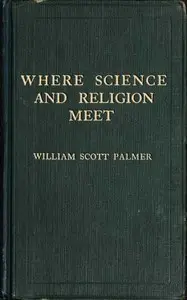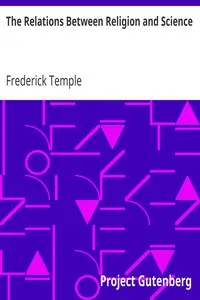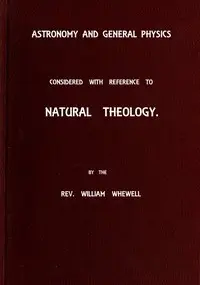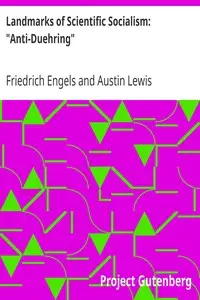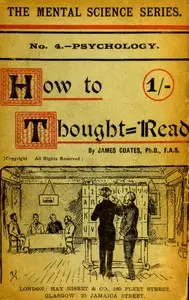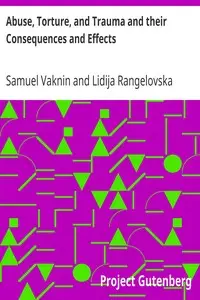"Naturalism and Religion" by Dr. Rudolf Otto is a philosophical investigation that grapples with understanding how scientific and spiritual views of the world interact. The book examines the disputes between naturalism, which uses science to explain the universe, and religion, which explores the mysteries of life. Otto argues for the importance of religious thinking in a time when science is dominant, wondering if both methods can exist together. The writing begins by looking at how both perspectives try to explain our existence, but religion asks questions about meaning and purpose that science might not answer. Otto starts a discussion about the complex relationship between these two different ideas, preparing to go further into what they mean for us.
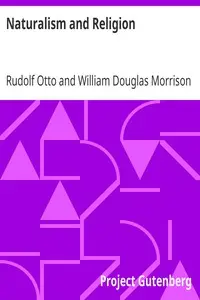
Naturalism and Religion
By Rudolf Otto
In a world split by science and faith, a thinker asks if we can believe in both, seeking meaning beyond what we can prove.
Summary
About the AuthorRudolf Otto was a German Lutheran theologian, philosopher, and comparative religionist. He is regarded as one of the most influential scholars of religion in the early twentieth century and is best known for his concept of the numinous, a profound emotional experience he argued was at the heart of the world's religions. While his work started in the domain of liberal Christian theology, its main thrust was always apologetical, seeking to defend religion against naturalist critiques. Otto eventually came to conceive of his work as part of a science of religion, which was divided into the philosophy of religion, the history of religion, and the psychology of religion.
Rudolf Otto was a German Lutheran theologian, philosopher, and comparative religionist. He is regarded as one of the most influential scholars of religion in the early twentieth century and is best known for his concept of the numinous, a profound emotional experience he argued was at the heart of the world's religions. While his work started in the domain of liberal Christian theology, its main thrust was always apologetical, seeking to defend religion against naturalist critiques. Otto eventually came to conceive of his work as part of a science of religion, which was divided into the philosophy of religion, the history of religion, and the psychology of religion.


